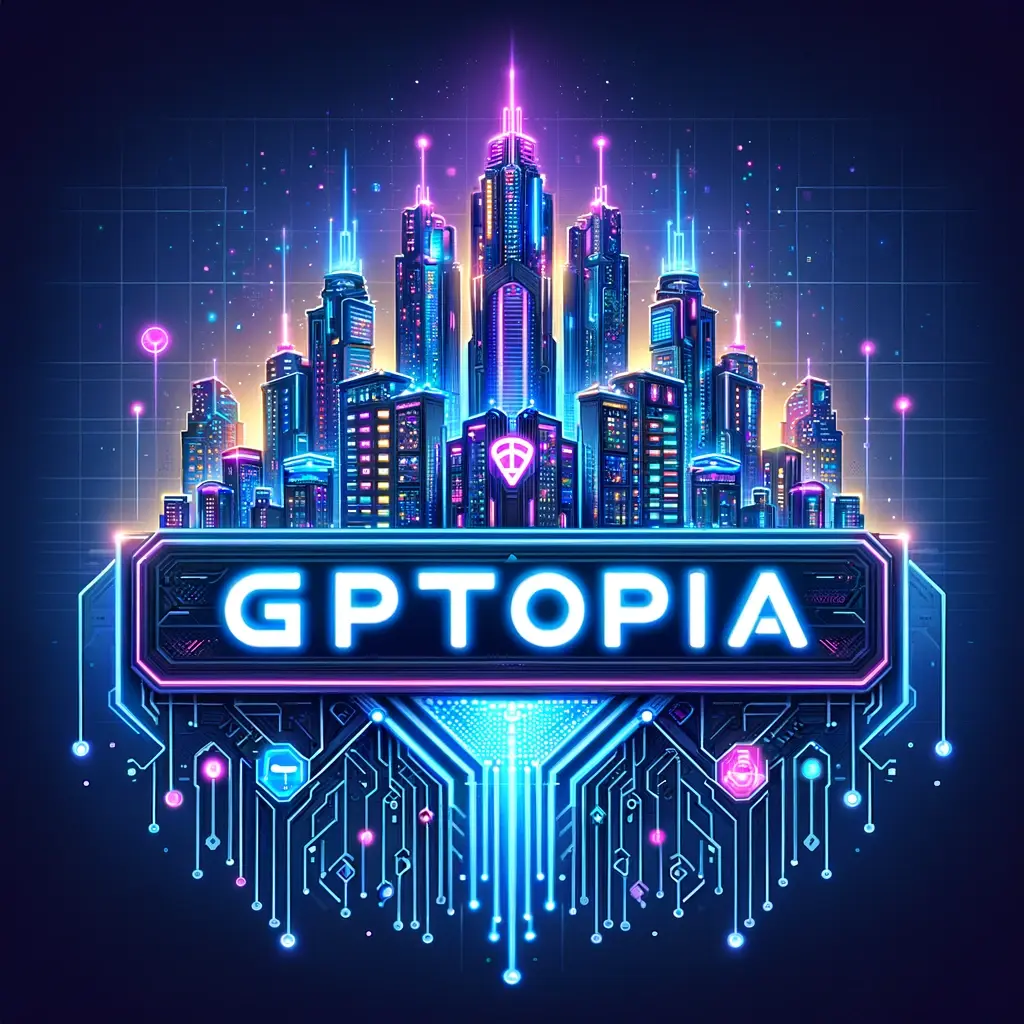complete article index can be found at
https://ideabrella.com/papers/articles
The New Reality : Reality Is Always Changing
The New Reality: Reality Is Always Changing
For much of human history, our understanding of reality was a shared endeavor.
Communities, nations, and even global societies operated within a largely unified framework of information, guided by widely accepted authorities—be they religious institutions, governments, or mass media. This consensus reality allowed for common narratives, collective action, and shared cultural experiences. However, with the rise of personalized information distribution, particularly via social media and algorithm-driven content feeds, this unified reality has fragmented. Today, each individual is exposed to a tailored version of events, a reality sculpted by their personal consumption habits and reinforced by self-curated echo chambers.
The Age of Fragmented Realities: Information Overload and Personalized Truth
The internet, once hailed as the ultimate democratizer of information, has paradoxically led to an era of hyper-personalized truth. As individuals gained access to boundless information, they also acquired the ability to filter and select sources that align with their pre-existing beliefs. “Doing your own research”—once a hallmark of intellectual rigor—now often leads to divergent realities where facts become negotiable, and objective truth takes a backseat to subjective interpretation. This shift has eroded shared societal baselines, making large-scale consensus increasingly difficult to achieve.
The result has been an unprecedented fragmentation of knowledge. Political polarization has deepened, cultural divisions have widened, and individuals increasingly inhabit parallel realities, each validated by its own set of facts and narratives. Even when people engage in discourse across ideological lines, they often struggle to find common ground, as they are not merely debating opinions but fundamentally different versions of reality.
Moreover, social media algorithms exacerbate this divergence by continuously feeding users content that aligns with their existing beliefs, a phenomenon known as the “filter bubble.” The reinforcement of personalized narratives fosters a sense of epistemic certainty, making it difficult for individuals to acknowledge alternative perspectives. Over time, this phenomenon transforms once-fluid beliefs into hardened dogmas, deepening divisions and fostering societal discord.
Can AI Restore a Shared Reality? The Promise and Perils of Machine Intelligence
While social media algorithms have largely driven the fragmentation of reality, a new technological force—artificial intelligence—is emerging as a potential counterweight. As AI systems become integral to how we process and analyze information, they may also be playing a role in realigning individual perspectives toward a new form of consensus.
AI-powered tools are increasingly used for filtering, summarizing, and synthesizing complex information, providing individuals with more structured interpretations rather than purely personalized feeds. In small groups, such as those interacting with AI-driven assistants, research tools, or chatbots, there may be a shift away from extreme ideological divergence toward a more aligned understanding of reality. Unlike human-driven echo chambers, which reinforce biases, AI—when designed with diverse and balanced datasets—has the potential to surface more neutral or balanced perspectives.
Additionally, as people engage with AI models trained on vast datasets, their viewpoints may begin to converge again—not toward a singular, imposed narrative but toward a more data-driven and contextualized understanding of events. This does not mean we are returning to a single unified reality, but rather that the extreme individualization of truth may soften as AI-assisted cognition becomes a common framework for information processing.
Furthermore, AI’s ability to analyze vast amounts of data quickly allows it to detect misinformation and flag inconsistencies in narratives. Fact-checking tools powered by machine learning can help counteract the spread of falsehoods, encouraging a more evidence-based approach to knowledge consumption. However, the extent to which AI can mitigate bias depends on its programming and the sources it draws upon, making transparency and ethical oversight critical.
The Battle Between Human Curiosity and Algorithmic Influence
The interplay between individual research and AI-guided insights presents an intriguing paradox: while each of us continues to explore information independently, AI might serve as a subtle unifying force, helping to bridge the gaps in our fragmented realities. Unlike traditional gatekeepers of knowledge, AI does not dictate absolute truths but rather aids in pattern recognition, offering individuals the ability to contextualize their findings against a broader dataset.
However, this raises important ethical questions: Who controls the AI models that influence our perceptions? What biases exist within these systems? And to what extent should AI mediate our access to information? If AI is to be a tool for re-convergence rather than manipulation, transparency and pluralism in its development will be crucial.
Additionally, while AI has the potential to mitigate information silos, it can also be weaponized to manipulate public perception. Governments, corporations, and interest groups could exploit AI-driven narratives to shape public opinion, potentially creating a new form of reality control. Striking a balance between AI’s role as an information mediator and its susceptibility to influence remains one of the greatest challenges of the digital age.
The Future of Reality: How Do We Navigate the Changing Landscape?
We stand at a crossroads where our collective understanding of reality is being reshaped. The era of individualized truth, fueled by social media algorithms, has deeply impacted public discourse and societal cohesion. Yet, as AI becomes a more significant player in knowledge formation, there is a possibility that our fragmented realities may once again find points of convergence.
One possible future is the emergence of AI-enhanced deliberative platforms—online spaces designed to encourage thoughtful discourse by leveraging AI to identify common ground among opposing viewpoints. Such platforms could act as digital mediators, guiding discussions toward productive resolutions rather than reinforcing divisions.
At the same time, educational systems may need to evolve to equip individuals with better information literacy skills. As AI becomes a fundamental part of knowledge acquisition, the ability to critically evaluate AI-generated content will be as crucial as traditional critical thinking skills. Empowering individuals with the tools to discern between algorithmic bias and objective analysis will help maintain a balance between personalized and collective knowledge.
The challenge ahead is ensuring that AI serves as a facilitator of informed discourse rather than another mechanism of control. If balanced correctly, we may enter a new phase where individual research and collective knowledge coexist more harmoniously—where personalized exploration is complemented by shared understanding, rather than driven further apart by it.
In the end, the goal should not be to return to a monolithic consensus reality, but rather to cultivate a dynamic, yet interwoven, fabric of knowledge—one that embraces diversity of thought while maintaining a common ground for productive and meaningful discourse. The future of shared reality will likely depend on our ability to harness AI as both a bridge and a safeguard, ensuring that technological progress serves human understanding rather than distorting it.
For much of human history, our understanding of reality was a shared endeavor. Communities, nations, and even global societies operated within a largely unified framework of information, guided by widely accepted authorities—be they religious institutions, governments, or mass media. This consensus reality allowed for common narratives, collective action, and shared cultural experiences. However, with the rise of personalized information distribution, particularly via social media and algorithm-driven content feeds, this unified reality has fragmented. Today, each individual is exposed to a tailored version of events, a reality sculpted by their personal consumption habits and reinforced by self-curated echo chambers.
From Consensus to Individualized Realities
The internet, once hailed as the ultimate democratizer of information, has paradoxically led to an era of hyper-personalized truth. As individuals gained access to boundless information, they also acquired the ability to filter and select sources that align with their pre-existing beliefs. “Doing your own research”—once a hallmark of intellectual rigor—now often leads to divergent realities where facts become negotiable, and objective truth takes a backseat to subjective interpretation. This shift has eroded shared societal baselines, making large-scale consensus increasingly difficult to achieve.
The result has been an unprecedented fragmentation of knowledge. Political polarization has deepened, cultural divisions have widened, and individuals increasingly inhabit parallel realities, each validated by its own set of facts and narratives. Even when people engage in discourse across ideological lines, they often struggle to find common ground, as they are not merely debating opinions but fundamentally different versions of reality.
Moreover, social media algorithms exacerbate this divergence by continuously feeding users content that aligns with their existing beliefs, a phenomenon known as the “filter bubble.” The reinforcement of personalized narratives fosters a sense of epistemic certainty, making it difficult for individuals to acknowledge alternative perspectives. Over time, this phenomenon transforms once-fluid beliefs into hardened dogmas, deepening divisions and fostering societal discord.
The Role of AI in Re-Converging Thought
While social media algorithms have largely driven the fragmentation of reality, a new technological force—artificial intelligence—is emerging as a potential counterweight. As AI systems become integral to how we process and analyze information, they may also be playing a role in realigning individual perspectives toward a new form of consensus.
AI-powered tools are increasingly used for filtering, summarizing, and synthesizing complex information, providing individuals with more structured interpretations rather than purely personalized feeds. In small groups, such as those interacting with AI-driven assistants, research tools, or chatbots, there may be a shift away from extreme ideological divergence toward a more aligned understanding of reality. Unlike human-driven echo chambers, which reinforce biases, AI—when designed with diverse and balanced datasets—has the potential to surface more neutral or balanced perspectives.
Additionally, as people engage with AI models trained on vast datasets, their viewpoints may begin to converge again—not toward a singular, imposed narrative but toward a more data-driven and contextualized understanding of events. This does not mean we are returning to a single unified reality, but rather that the extreme individualization of truth may soften as AI-assisted cognition becomes a common framework for information processing.
Furthermore, AI’s ability to analyze vast amounts of data quickly allows it to detect misinformation and flag inconsistencies in narratives. Fact-checking tools powered by machine learning can help counteract the spread of falsehoods, encouraging a more evidence-based approach to knowledge consumption. However, the extent to which AI can mitigate bias depends on its programming and the sources it draws upon, making transparency and ethical oversight critical.
A New Balance Between Individual and Collective Knowledge
The interplay between individual research and AI-guided insights presents an intriguing paradox: while each of us continues to explore information independently, AI might serve as a subtle unifying force, helping to bridge the gaps in our fragmented realities. Unlike traditional gatekeepers of knowledge, AI does not dictate absolute truths but rather aids in pattern recognition, offering individuals the ability to contextualize their findings against a broader dataset.
However, this raises important ethical questions: Who controls the AI models that influence our perceptions? What biases exist within these systems? And to what extent should AI mediate our access to information? If AI is to be a tool for re-convergence rather than manipulation, transparency and pluralism in its development will be crucial.
Additionally, while AI has the potential to mitigate information silos, it can also be weaponized to manipulate public perception. Governments, corporations, and interest groups could exploit AI-driven narratives to shape public opinion, potentially creating a new form of reality control. Striking a balance between AI’s role as an information mediator and its susceptibility to influence remains one of the greatest challenges of the digital age.
The Future of Shared Reality
We stand at a crossroads where our collective understanding of reality is being reshaped. The era of individualized truth, fueled by social media algorithms, has deeply impacted public discourse and societal cohesion. Yet, as AI becomes a more significant player in knowledge formation, there is a possibility that our fragmented realities may once again find points of convergence.
One possible future is the emergence of AI-enhanced deliberative platforms—online spaces designed to encourage thoughtful discourse by leveraging AI to identify common ground among opposing viewpoints. Such platforms could act as digital mediators, guiding discussions toward productive resolutions rather than reinforcing divisions.
At the same time, educational systems may need to evolve to equip individuals with better information literacy skills. As AI becomes a fundamental part of knowledge acquisition, the ability to critically evaluate AI-generated content will be as crucial as traditional critical thinking skills. Empowering individuals with the tools to discern between algorithmic bias and objective analysis will help maintain a balance between personalized and collective knowledge.
The challenge ahead is ensuring that AI serves as a facilitator of informed discourse rather than another mechanism of control. If balanced correctly, we may enter a new phase where individual research and collective knowledge coexist more harmoniously—where personalized exploration is complemented by shared understanding, rather than driven further apart by it.
In the end, the goal should not be to return to a monolithic consensus reality, but rather to cultivate a dynamic, yet interwoven, fabric of knowledge—one that embraces diversity of thought while maintaining a common ground for productive and meaningful discourse. The future of shared reality will likely depend on our ability to harness AI as both a bridge and a safeguard, ensuring that technological progress serves human understanding rather than distorting it.









